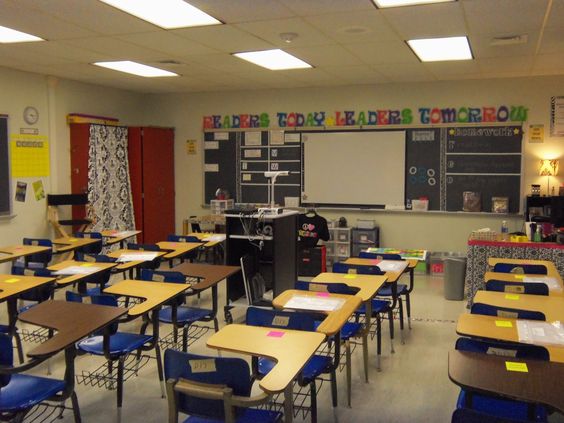The school has jut phoned … your son or daughter is in serious trouble and the school is considering disciplinary action!
Panic! What does this mean? What are your rights?
When can my Child be Stood Down or Suspended?
A principal of a school can stand down or suspend your child if satisfied on reasonable grounds:
- that there has been gross misconduct or continual disobedience that is a harmful or dangerous example to other students, or
- where it is likely that your child’s behaviour will cause serious harm to themselves or another student
There are no hard and fast rules about what will constitute gross misconduct or continual disobedience.
How Long can my Child be Stood Down for?
Your child can be stood down for one or more specified periods, provided that each period does not exceed 5 school days in any one term or 10 school days in any one year (these time do not apply to suspensions).
Who Must the School Tell?
The school must immediately notify the Ministry of Education and parent/guardian of the child that has been stood down or suspended. The school must also give reasons for its decision.
Do We Get a Say?
Stand Downs
If your child has been stood down, you can request a stand down meeting with you, your child, and the principal.
If at the meeting, the principal is satisfied that reasonable grounds for the stand down do not exist, then the stand down must be withdrawn. This is at the principal’s discretion.
Suspensions
If your child has been suspended, the principal must provide a written report to the Board of Trustees. The Board must then give you and your child written notice:
- That suspension meeting is to be held,
- The time and place of meeting, and
- The options available to the Board in respect of suspension
In addition, at least 48 hours before the meeting, the Board must provide information about the procedure to be followed at the meeting, a copy of the principal’s report, and any other information presented to the Board. The Board must also advise you and your child that you may attend and speak at the meeting.
The options available to the Board include:
- Lifting the suspension;
- Extending the suspension;
- If the child is under 16 years, excluding the child from the school. (The principal must then try to arrange for them to attend another school); or
- If the child is over 16 years, expelling him or her.
If the Board does not choose one of these options the suspension will end at the close of the 7th school day after the day of the suspension or, if the suspension occurs within 7 days before the end of the term, at the close of the 10th calendar day after the suspension.
The power to make the ultimate decision will rest with the Board, not with you. This does not mean, however, that there is no benefit in taking part in the process.
Unfortunately, if you are unhappy with the Board’s decision the only recourse you have is for judicial review. This involves the appointment of a lawyer to take the case to the High Court. Furthermore, the review process is only to consider the procedural fairness of the process and the method of the decision-making rather than the merits of the decision and the outcome itself.
If you are unsure about what is happening or are unhappy with the final outcome, it may be useful to give us a call.
DISCLAIMER: All information in this newsletter is to the best of the authors’ knowledge true and accurate. No liability is assumed by the authors, or publishers, for any losses suffered by any person relying directly or indirectly upon this newsletter. It is recommended that clients should consult a senior representative of the firm before acting upon this information.

